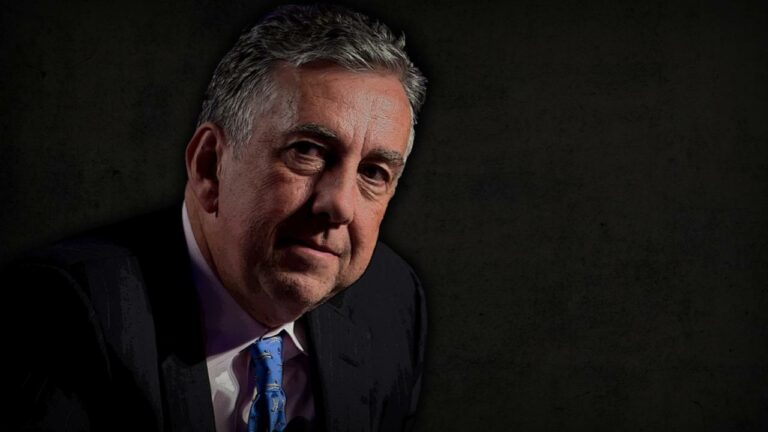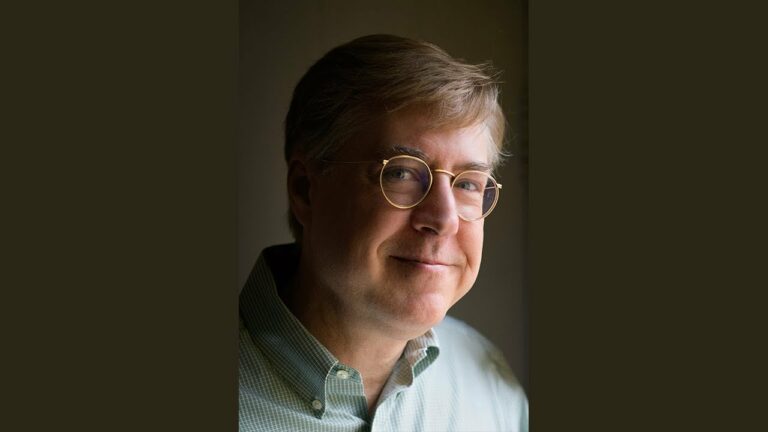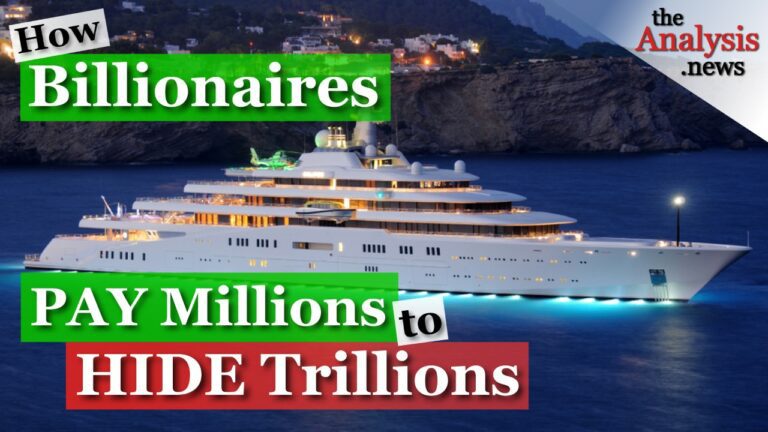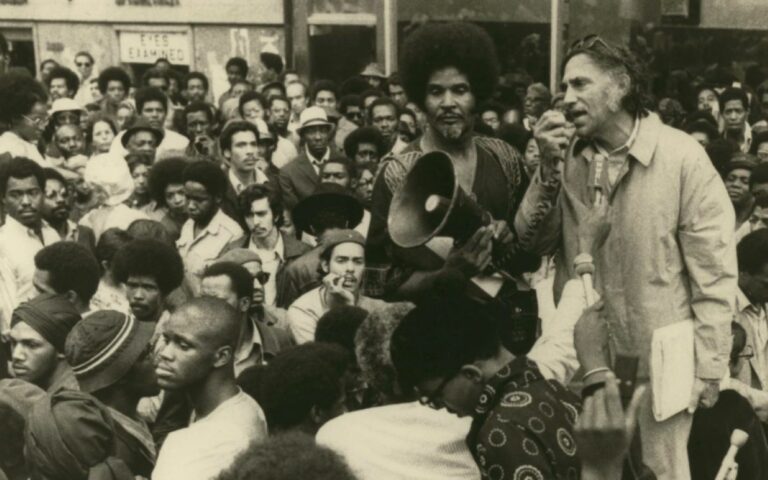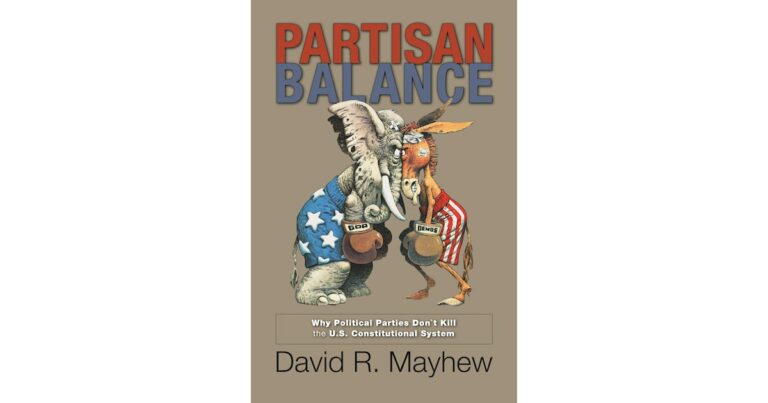This is an episode of Reality Asserts Itself, produced on June 6, 2016. President Obama is defending the mythology that dropping atomic bombings on Hiroshima ended World War 2 and avoided a ground invasion by US troops, said award-winning historian Peter Kuznick.
PAUL JAY, SENIOR EDITOR, TRNN: Welcome to The Real News Network, and welcome to Reality Asserts Itself. I’m Paul Jay. A week ago on Friday, President Obama was in Hiroshima. Here’s a very small segment from what he said there.~~~
PRESIDENT BARACK OBAMA: Empires have risen and fallen. Peoples have been subjugated and liberated. And at each juncture, innocents have suffered, a countless toll, their names forgotten by time.~~~
JAY: In other words, war is hell and innocents pay. But is there more to the story of the U.S. bombing–atomic bombing–of Hiroshima and Nagasaki? Now joining us to discuss this history is Peter Kuznick. Peter joins us from Washington, D.C. He’s a professor of history and the director of Nuclear Studies Institute at American University. Among his other works, Peter’s the cowriter with Oliver Stone of The Untold History of the United States. Thanks for joining us, Peter.
PETER KUZNICK, HISTORY PROFESSOR, AMERICAN UNIVERSITY: Glad to be here, Paul.
JAY: So President Obama. It was considered a big deal politically for an American president to go to Hiroshima and Nagasaki and not apologize, although he was accused of doing that. But there’s a lot more to this story than “war is hell”.
KUZNICK: Yeah, there’s a lot more to this story. But Obama made clear that he wasn’t going to deal with the rest of the story. Before he went he said outright that he was not going to apologize. He also–or his top officials–said that he was not going to discuss the history, he wasn’t going to relitigate the decision to drop the bomb. It’s interesting ’cause when he went to Vietnam before that, he also said he wasn’t going to discuss the history of the Vietnam War. So Obama has a strong aversion to coming to grips with the past.
JAY: Yeah. He said that about Bush-Cheney that let’s look forward, no point looking backwards.
KUZNICK: Right–we’re not going to punish them for the war crimes. And when he greeted the troops coming home from Iraq at Fort Bragg, he said the same thing, you know, this idea. He said that what makes America different, what makes America great, exceptional, is that we don’t go to Iraq and other places out of greed, out of desire for resources, out of desire for territory; we do these things because they’re right. That’s what makes us special as Americans. Well, this whole notion of American exceptionalism gets challenged if you talk about the history of Iraq, if you talk about the history of the atomic bombing at Hiroshima, if you talk about the history of the Vietnam War. Then the United States doesn’t seem quite so exceptional.
JAY: In fact, one thing that connects all three of those wars is that all of those wars have been declared more or less by many international jurists, and to some extent even senior officials at the United Nations, certainly Vietnam and Iraq, as war crimes. Was the bombing of Hiroshima and Nagasaki essentially a war crime?
KUZNICK: It was absolutely a war crime by any standards. The mythology of the atomic bombing is that the bombs were necessary to end the war and avoid a U.S. invasion. And if the U.S. invaded, then we would have–Truman said a half a million Americans would have died in the invasion, he was told. Sometimes he raised that figure up to a million. George H. W. Bush said that the atomic bombs saved millions of American lives. Then, later, people began to throw in all the numbers of Japanese lives who were saved, all the Japanese who would have been killed. So the implicit message was that the atomic bombings were not a war crime, they were actually a humane act, that they saved lives rather than taking lives. Of course, the history is very, very different, but Obama reinforced that mythology when he was in Hiroshima, and he talked about World War II reached its brutal end in Hiroshima and Nagasaki. As historians know and we can discuss, it was not the atomic bombings that ended the war; it was the Soviet invasion of Manchuria and Kuril Islands and the fact that they were going to be in Hokkaido. As Prime Minister Suzuki says on August 10 when he was asked why the Japanese had to surrender so quickly, says the Soviets will next day be in Hokkaido and the foundation of Japan will be destroyed: we have to surrender; we can surrender to the Americans and not the Soviets. And that’s what changed the equation, and we know that. We can go into a lot more detail, if you’d like, about that.
JAY: Well, I’ve interviewed you before on this topic, and we’re going to post that interview essentially right below this one. And in that one we went through a lot of detail.
KUZNICK: Yes. Yes.
JAY: In fact, the majority of the U.S. military command was against this bombing, including Eisenhower and so on. But let’s explore this sort of mindset, because it’s a similar thing we hear from Hillary Clinton, President Obama, and most of the leading foreign-policy thinkers of the Democratic Party, certainly the Republican Party, but is this Hiroshima-Nagasaki mythology is part of this kind of narrative, which is the whole history of American foreign policy is we do bad things, but we do them for good reasons.
KUZNICK: That’s another part of this mythology about American exceptionalism, that yeah, we make mistakes, but it’s not because we’re motivated to do bad things. It’s interesting because Obama laid the wreath at the cenotaph in Hiroshima, and what it says there right in front of him is “Let all the souls here rest in peace for we shall not repeat the evil.” Right? And it calls it an “evil.” What’s ambiguous about the cenotaph is it doesn’t say who committed the evil or what exactly the evil was. And in Obama’s talk, again, right from the opening line, the opening line, he says “death fell from the sky”. Then he says “a terrible force unleashed”. He never says even who caused the death there. It wasn’t that death fell from the skies; it was that the United States dropped an atomic bomb on a civilian population in the midst of the civilian part of that city in order to create the most dramatic effect possible. As Admiral Leahy, the former chair of the Joint Chiefs of Staff who was Truman’s personal chief of staff, said, we said we were going to do it to attack a military target, he says. Then he says, then we went ahead and killed as many women and children as we could, which is just what we wanted to do all the time. That’s Admiral Leahy. I mentioned in an earlier talk that you and I had that six of America’s seven five-star admirals and generals who got their fifth star during the war were opposed to the atomic bombing, on either military or moral grounds or both, is actually seven out of eight if we look at 1945, ’cause Admiral William “Bull” Halsey was also a five-star admiral and he also said the atomic bombings were not necessary. But, again, the public doesn’t understand this. So the American public, which is beginning to wake up–. I don’t know if you saw the recent CBS News poll. It just came out a couple of days ago. And it said that 44 percent of Americans now think the atomic bombings of Hiroshima and Nagasaki were unjustified and only 43 percent support the atomic bombings. This is extraordinary–the first time that a poll has ever shown a plurality against the atomic bombings. The Pew poll that was conducted last summer was 56 percent in favor of the atomic bombings against 34 percent opposed [to] the atomic bombings. So maybe we’re having some impact. This was taken prior to Obama’s trip. So it’s good that Obama went. It’s remarkable that an Americal president can finally after 71 years have the courage and integrity to go there. So I applaud Obama for doing that. Unfortunately, the way he did it, what he said, and the orchestration around it undercut the positive aspects of his trip.
JAY: Right. And some people suggest the motivation for the bombing was even more cynical than just–and it’s quite cynical to drop bombs on a civilian population so you can claim you won the war when the decisive breaking of the back of the Japanese Empire was the Soviet invasion. But even more cynical is to drop the bombs as sort of the opening act of the Cold War, a shot across the bow of the Soviet Union. You know, we got the bombs and you don’t, and this is what we could do to you–in other words, killing so many tens of thousands of people to make a political point.
KUZNICK: Yeah, that was exactly the message, and that was exactly the way it was received in the Politburo and in the Kremlin. The Soviets knew better than anybody that the atomic bombs were not necessary. The Japanese in May decided that their best way to get improved surrender terms to keep the emperor was to get the Soviets to negotiate on their behalf to get them better surrender terms. The Japanese offered the Soviets various incentives to do so. They didn’t know that the Soviets had already committed to coming into the war at Yalta three months after the end of the war in Europe, which places it at about the time the Soviets did intervene. But former prime minister Hirota of Japan met with the Soviet ambassador in Tokyo in early June several times, and it was clear to Ambassador Malik that the Japanese were desperate to surrender. He communicated that to the Kremlin. So the Soviets knew that there was no military necessity. Also, the thing that also gets lost is that Truman fully understood that the Japanese were trying to surrender and he fully understood that the Soviet intervention in the war was going to change the whole calculus. Truman says at Potsdam that he went there in order to make sure the Russians were coming in. The first day he meets with Stalin, and Stalin gives him an assurance, and Truman writes in his journal, Stalin will be in the Jap war by August 15; “fini Japs” when that occurs. He writes home to his wife, Bess, the next day, says the Russians are coming in, we’ll end the war a year sooner now, think of the kids who won’t be killed. And he also refers to that intercepted July 18 cable as a telegram from the Jap emperor asking for peace. So Truman knew this. But, as you suggest, they wanted to use the bomb. And the bomb was not dropped only against the Japanese: it was also dropped against the Soviets. And it was a dire and ugly warning to the Soviets that if they interfere with American plans in Europe or Asia, they were going to get this and worse.
JAY: In part two of this interview we’re going to talk more about things President Obama did and didn’t say when he was visiting Hiroshima. Thanks for joining us, Peter.
KUZNICK: Glad to be here.
JAY: Please join us for part two with Peter Kuznick on The Real News Network, Reality Asserts Itself. Thanks for joining us.
Never miss another story
Subscribe to theAnalysis.news – Newsletter
“Peter Kuznick is a professor of history and director of the award-winning Nuclear Studies Institute at American University and is currently serving his sixth three-year term as a distinguished lecturer with the Organization of American Historians. He has written extensively about science and politics, nuclear history, and Cold War culture.”



